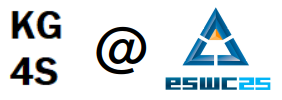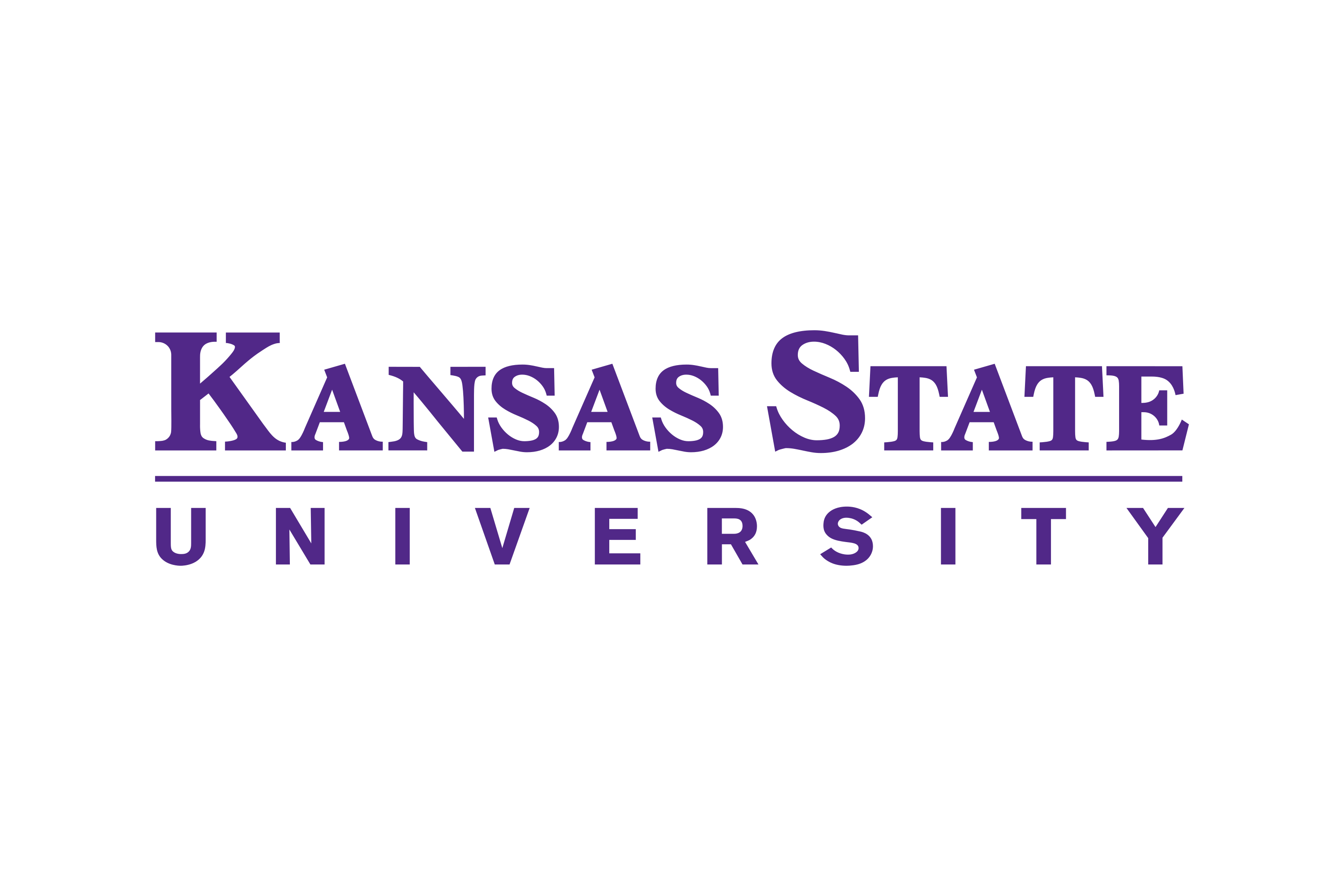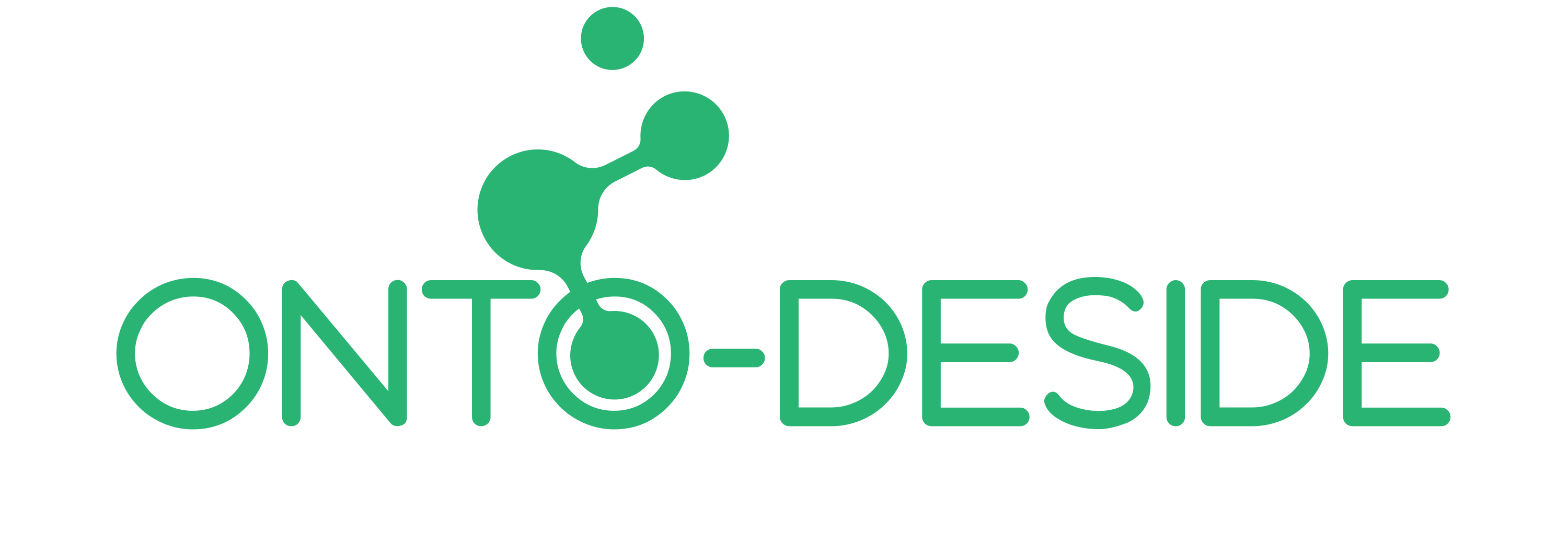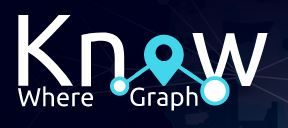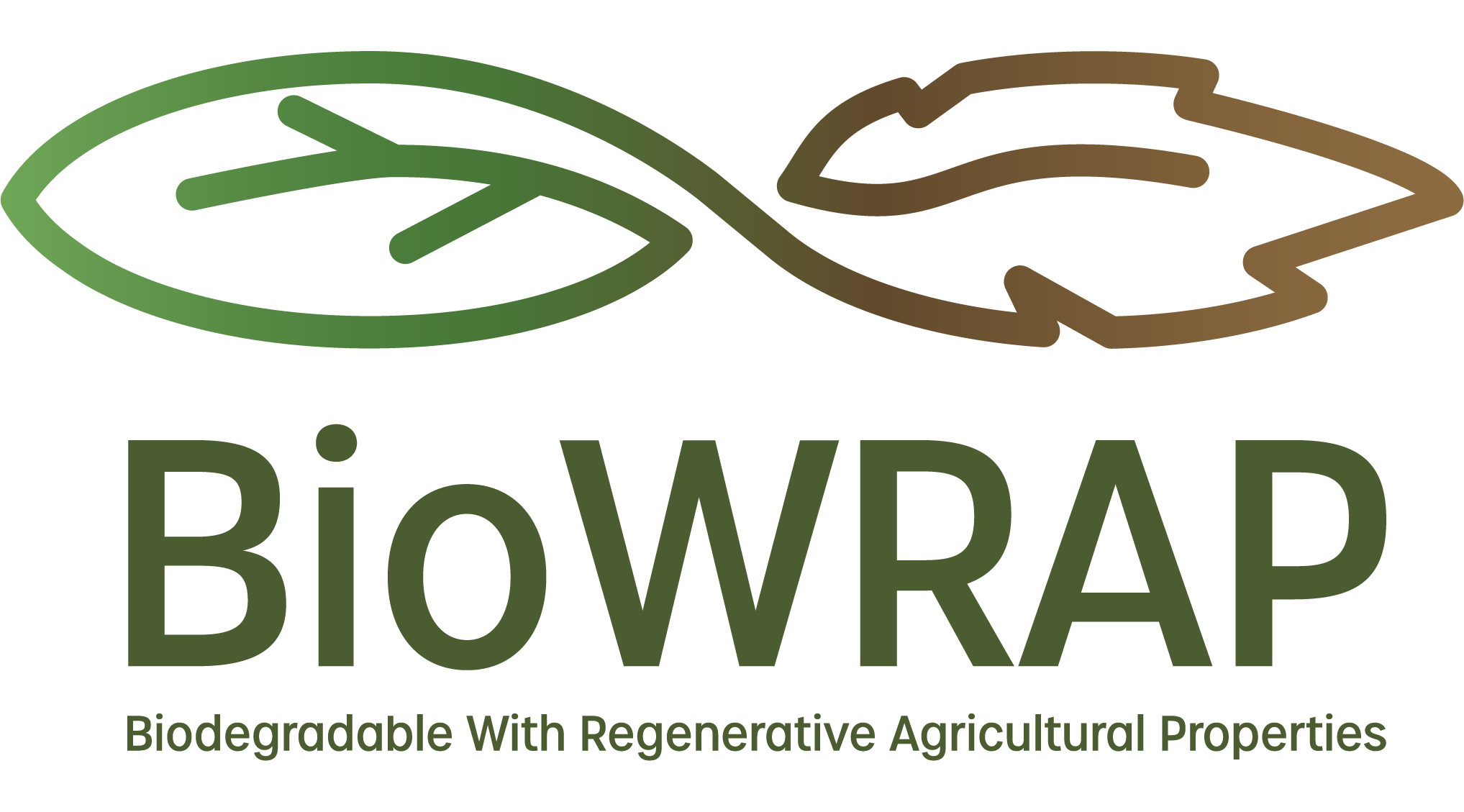Call for papers
Knowledge Graphs (KGs) have in the past decade emerged as a core Web technology, powering many real-world applications. Not the least because of an increased focus on Explainable AI and Data Science, where KGs can play a key role in both providing semantic interoperability and data integration (linking), as well as reasoning with the represented knowledge. KGs have been applied both in general scenarios, such as Web search and retrieval, as well as in many domain-specific applications. This workshop targets KGs specifically for sustainability, e.g. applications of KGs targeting sustainability challenges. This is highly timely and important due to the current state of the world, including ecological challenges such as the global climate crisis, acute loss of biodiversity, as well as social sustainability challenges such as increased unrest and threats to democracy in many countries around the world. As researchers of Web technologies, such as KGs, we should answer to these challenges and contribute to their resolution. This also shows in an increased amount of funded projects targeting technological solutions with sustainability goals in mind, as well as industry initiatives.
After two successful editions of the workshop in 2023 and 2024, in 2025 the KG4S workshop once again invites novel research and advances in knowledge graph solutions for sustainability. The workshop's objectives are to share preliminary research results from academia and industry, as well as identify challenges and opportunities that can lead to new collaborations, new directions, and future research. The aim is to increase the contribution of knowledge graphs to the transformation towards global sustainability. Examples of knowledge graphs applications for sustainability include climate data expressed in knowledge graphs, for breaking climate data silos, knowledge graphs for supporting circular economy, and knowledge graphs for sustainable smart cities.
A global challenge such as the transformation towards a sustainable society requires global research efforts to be addressed. The Web is a unique global forum for sharing data, solutions and experiences that can support in addressing this challenge. The Semantic Web research community, could contribute to reaching these goals, and many efforts are indeed ongoing regarding all these areas of sustainability on the Web. In turn, KGs are being widely adopted, and serve as the core of many advanced applications on the Web, often powered using Web data. With this workshop, we therefore want to highlight the intersection between Knowledge Graphs on the Web, and sustainability research. This workshop specifically targets approaches from the Web research community for improving sustainability using KG technologies. The objectives of the workshop are both to share preliminary research results from academia and industry, as well as identifying challenges and opportunities that can lead to new collaborations, new directions and future research. Ultimately, the aim is to increase the contribution of KGs to the transformation towards global sustainability. Examples of KG applications for sustainability include climate data expressed in KGs, for breaking climate data silos, KGs for supporting circular economy, and KGs for sustainable smart cities.
Topics
The overall theme of the workshop is Knowledge Graphs, and KG-based Web solutions and applications, for sustainability. This includes both ecological, economical and social sustainability, and the full spectrum of methods for transforming our society towards these goals. Such methods and approaches include, for instance, the circular economy, as a way to reduce waste and improve ecological and economic sustainability of industry and consumption, and integration of climate data. Other examples are sustainable smart cities, where the city as a complex system is studied and redesigned to improve all aspects of sustainability, including the social aspect. However, these are merely examples of possible applications that support transformation towards sustainability, other methods and applications are very welcome as long as the connection to sustainability is clearly explained in the paper.
More specific research topics include, but are not limited to:
- KGs consisting of, or linking, sustainability data
- KG schemas (ontologies) for sustainability data
- Spatial and temporal aspects of KGs pertaining to sustainability
- KG or ontology patterns specifically important for describing, linking, and using sustainability data
- KG interfaces that support sustainability analysis
- Web infrastructure and approaches, related to KGs, for supporting sustainability aspects of the Web itself
- Applications supporting sustainability solutions by using KGs or other related Semantic Web technologies
- Sustainable use and development of KGs and KG-based applications
